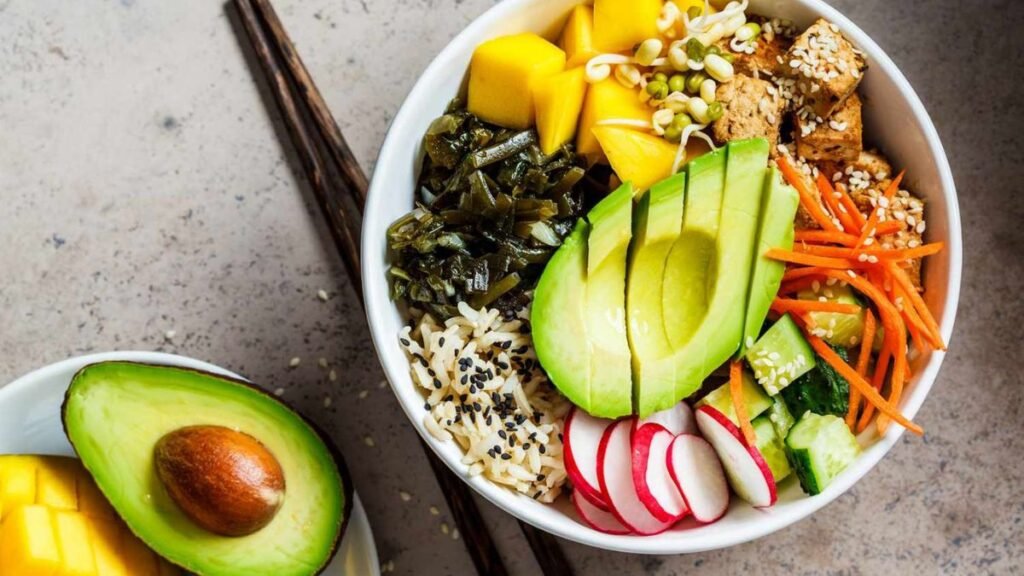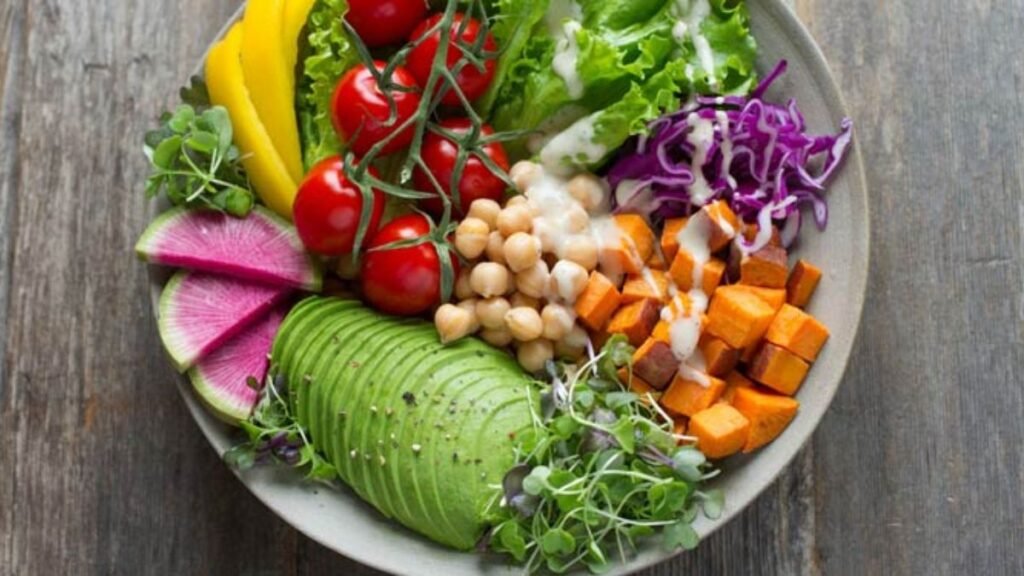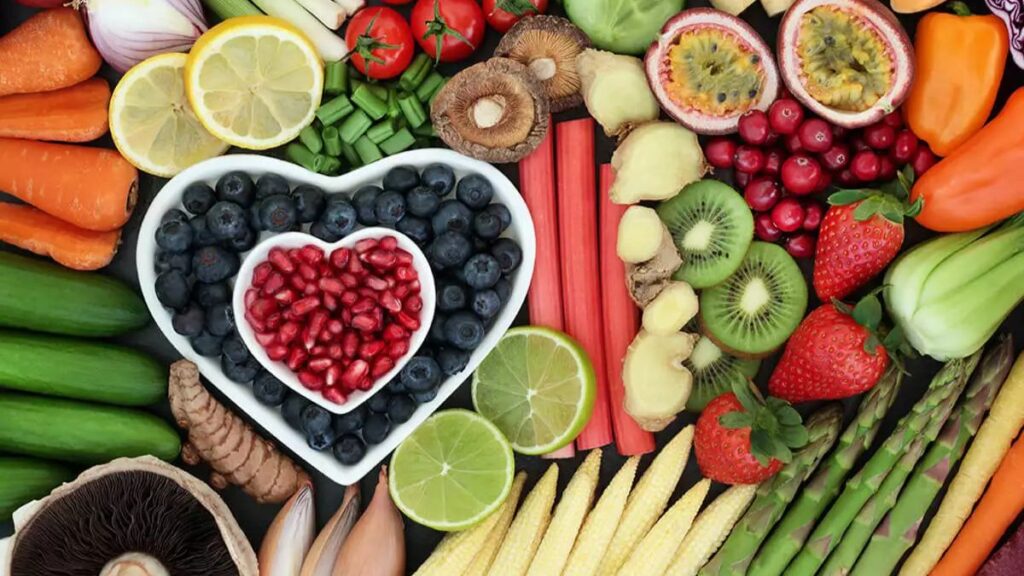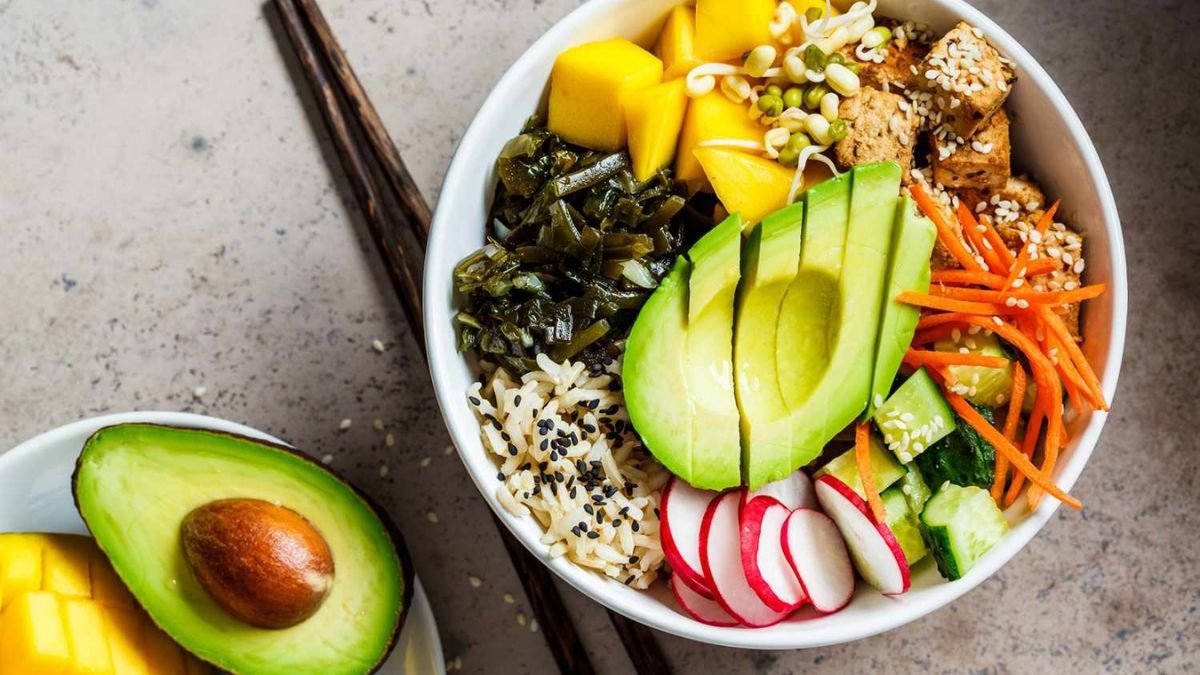10 Plant-Based Protein Sources for a Balanced Diet | Vegan Diet
The vegan lifestyle is gaining traction in today’s society, and with good reason. Eating plant-based proteins can provide numerous health benefits, including a balanced diet. Plant-based proteins are an important source of essential nutrients and can help you reach your daily nutritional needs. If you’re following a vegan diet, it can be a bit trickier to make sure you’re getting enough protein from plant-based sources. Plant-based proteins are derived from plants such as legumes, nuts, grains, and seeds, and can provide a healthy alternative to animal-based proteins.

The benefits of plant-based proteins are plentiful. For starters, they are cholesterol-free and are generally lower in saturated fat and calories than animal proteins. Plant-based proteins are also an excellent source of fiber, vitamins, and minerals, making them a great choice for those looking to increase their intake of these essential nutrients. Additionally, plant-based proteins are often rich in antioxidants, which can help to reduce inflammation and improve overall health.
When it comes to selecting plant-based proteins for a balanced diet, there are many options. Legumes such as beans, lentils, and peas are excellent sources of protein and are packed with dietary fiber and essential minerals. Nuts and seeds provide a good source of healthy fats and proteins, and can be eaten as snacks or added to salads, cereals, and other dishes. Grains such as quinoa, oats, and bulgur wheat are also excellent sources of protein and can be used to make a variety of delicious dishes.
In addition to these plant-based proteins, there are also plant-based supplements available for those looking for an extra boost. Plant-based protein powders, meal replacements, and bars are a great way to get a concentrated dose of plant-based proteins. These products make it easy to incorporate a variety of plant-based proteins into your diet and can help to ensure that you are getting all of the essential nutrients you need.
Eating a balanced diet composed of a variety of plant-based proteins can help you to reach your daily nutritional needs and provide numerous health benefits. Plant-based proteins are an excellent source of essential nutrients, are cholesterol-free, and are generally lower in saturated fat and calories than animal proteins.

Eating a balanced diet is essential for good health and a long life. If you’re trying to transition to a plant-based diet, you may be wondering how to get enough protein. Luckily, there are many plant-based foods that are high in protein and can easily be incorporated into your diet. Here is a list of 10 plant-based protein sources to help you achieve a balanced diet.
- Beans and Legumes: Beans and legumes such as black beans, chickpeas, lentils, and peas are excellent sources of plant-based protein. One cup of cooked beans can provide up to 15 grams of protein.
- Nuts and Seeds: Nuts and seeds such as almonds, walnuts, pumpkin seeds, and chia seeds are all excellent sources of plant-based protein. A quarter cup of almonds can provide up to 8 grams of protein.
- Quinoa: Quinoa is a pseudo-cereal that is packed with protein. One cup of cooked quinoa can provide up to 8 grams of protein.
- Tofu and Tempeh: Tofu and tempeh are both made from soybeans and are great sources of plant-based protein. A half cup of tofu can provide up to 10 grams of protein.
- Nutritional Yeast: Nutritional yeast is a vegan staple that is packed with protein. One tablespoon of nutritional yeast can provide up to 4 grams of protein.
- Hemp Seeds: Hemp seeds are a great source of plant-based protein. Two tablespoons of hemp seeds can provide up to 10 grams of protein.
- Green Peas: Green peas are an excellent source of plant-based protein. One cup of cooked green peas can provide up to 9 grams of protein.
- Oats: Oats are a versatile grain that is high in protein. One cup of cooked oats can provide up to 6 grams of protein.
- Spirulina: Spirulina is a type of blue-green algae that is packed with protein. Two tablespoons of spirulina can provide up to 8 grams of protein.
- Edamame: Edamame are immature soybeans that are a great source of plant-based protein. One cup of edamame can provide up to 8 grams of protein.

By incorporating these plant-based protein sources into your diet, you can easily achieve a balanced diet. Eating a variety of plant-based foods is the best way to ensure that you’re getting all the essential vitamins and minerals you need. Plus, these protein sources are delicious and can be enjoyed in a variety of dishes. So, don’t be afraid to get creative with your plant-based protein sources and start experimenting with different recipes!
There are many plant-based proteins to choose from, including legumes, nuts, grains, and seeds, as well as plant-based supplements. By incorporating these plant-based proteins into your diet, you can ensure that you are getting all of the essential nutrients you need to stay healthy and fit.
You Can Watch More About Vegan Diet :

